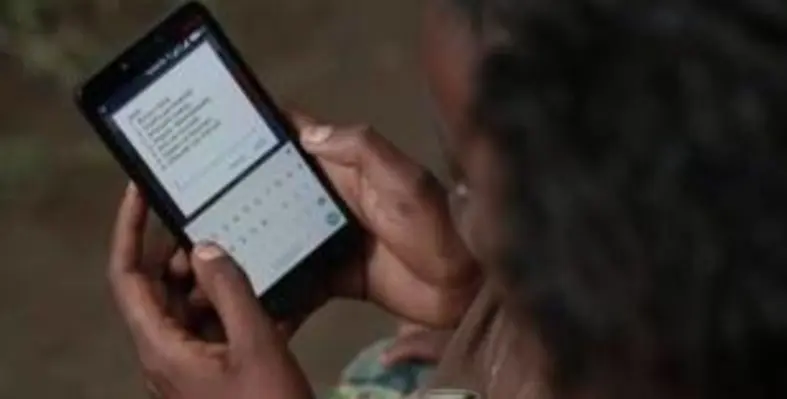Digitalisation is radically transforming and speeding up government and private businesses worldwide, thus impacting people’s lives and prosperity
Digital technology has facilitated working from home and enabled businesses and households to adapt faster to the new reality of social distancing, as well as providing access to public services during the health emergency.
In sub-Saharan Africa (SSA), e-commerce, e-learning, e-transfers, e-payments, and e-governance are finally catching up. The digital transformation is a big winner from the global health crisis.
“Clearly, many organisations are not going back to the old ways of working we knew before the pandemic. We have seen that we can telecommute effectively. We know that we can organise work more flexibly and accommodate our staff's conditions and preferences. So, we are going to see a rapid modernisation in how we operate,” said International Monetary Fund (IMF) managing director Kristalina Georgieva.
Digital connectivity in SSA is expanding rapidly thanks to mobile connectivity. Internet penetration has risen tenfold since the early 2000s, compared with a threefold hike globally – with most people accessing the internet via mobile rather than fixed line broadband. Digitalisation has made huge inroads into financial sector, where some SSA countries (led by South Africa, Kenya and Nigeria) are global leaders in mobile money – money transactions as a share of GDP average around 25 per cent, against just five per cent globally.
Many regional governments are leveraging mobile technology to help their citizens since the outbreak of COVID-19. In SSA, more than 80 per cent of measures announced in recent months were in the form of cash transfers – compared to 30 per cent globally.
The GSMA has launched the Innovation Fund for Rural Connectivity, which aims to expand digital inclusion through technology solutions for connecting unserved rural communities.
“Mobile operators are committed to advancing connectivity in rural areas as they work to deliver commercially sustainable solutions to accelerate progress against the UN’s Sustainable Development Goals (SDGs),” said John Giusti, chief regulatory officer, GSMA. “The Innovation Fund for Rural Connectivity will drive partnerships aimed at developing new ways of using mobile technologies to close coverage gaps in rural areas so that more citizens have access to life-enhancing mobile services.”
Digital policy solutions
Many countries have deployed digital tools to cushion the effects of Covid-19 on their economies, while promoting social distancing. Digitalisation has allowed African businesses to continue partial operations via telework and ecommerce innovations.
The former is limited to fewer companies and services operating within the small formal sector but enabled some countries to minimise disruptions in core public services.
In Rwanda, the judiciary is increasingly using videoconferencing for court proceedings. Meanwhile, in Côte d’Ivoire, a new ePassport agency manages the service online from the first application through to appointment booking and payments.
Kenya’s e-Citizen portal has led to increased usage for services, such as civil and vehicle registration. Tax authorities are also encouraging the use of e-tax services. In Kenya, Namibia, and Nigeria, taxpayers are encouraged to use existing online platforms for filling tax returns, making tax registrations, applying for tax refunds, and communicating with tax officers during the lockdown.
Online orders are reported high in Kenya and Nigeria, while an e-commerce platform in Senegal offers easy access to websites of small-and medium-sized enterprises selling essential goods.
In Uganda and Kenya, for example, authorities have used social media to share information on where consumers can purchase food with e-money and delivered via ride-hailing apps. The region’s less reliable internet connectivity and electricity supply affect telework arrangements – with average mobile download speed of 7.4MB per second, which is more than three times slower than the average for the rest of the world.
By Moin Siddiqi, economist
Read more in our August 2020 issue of African Review!














